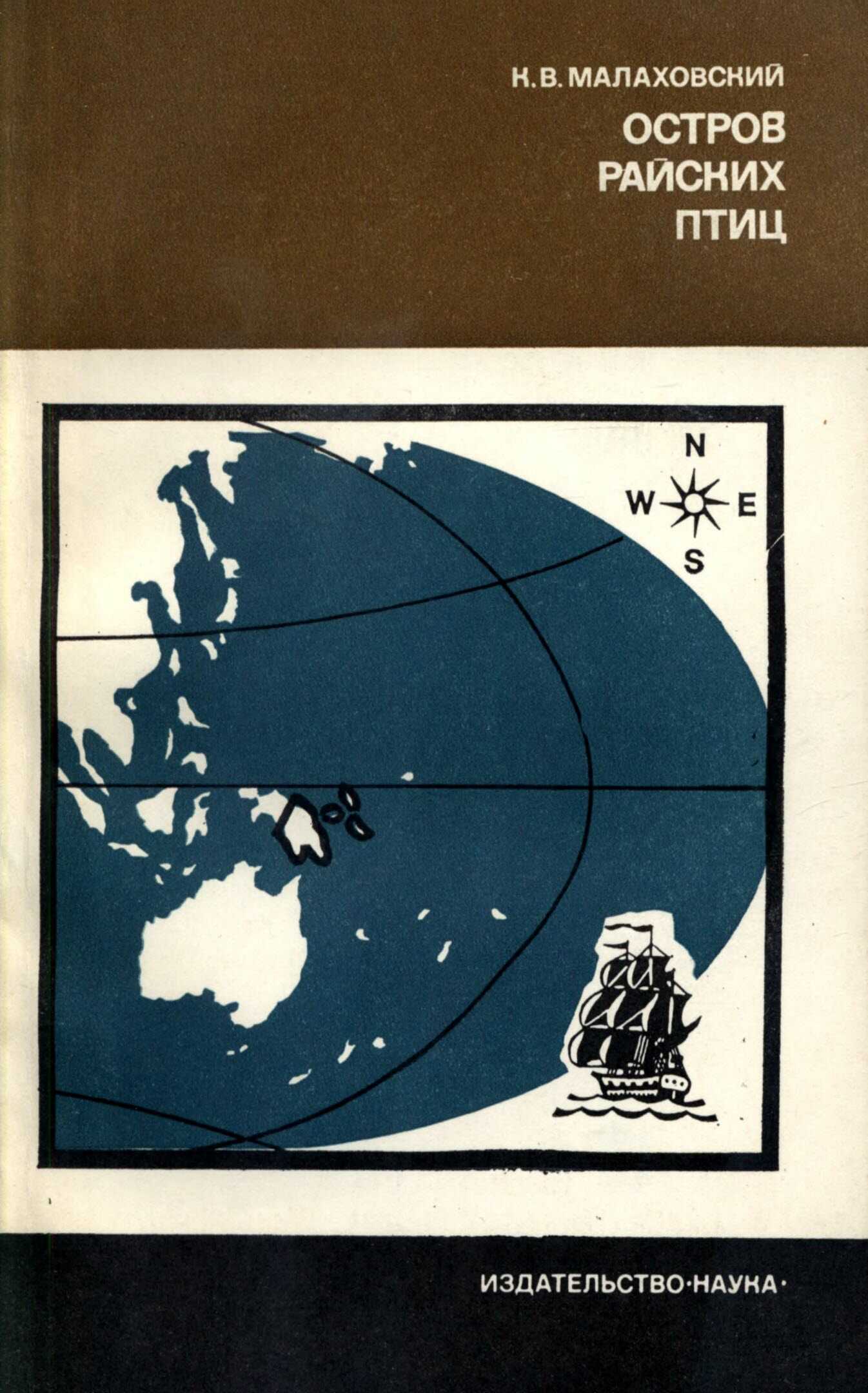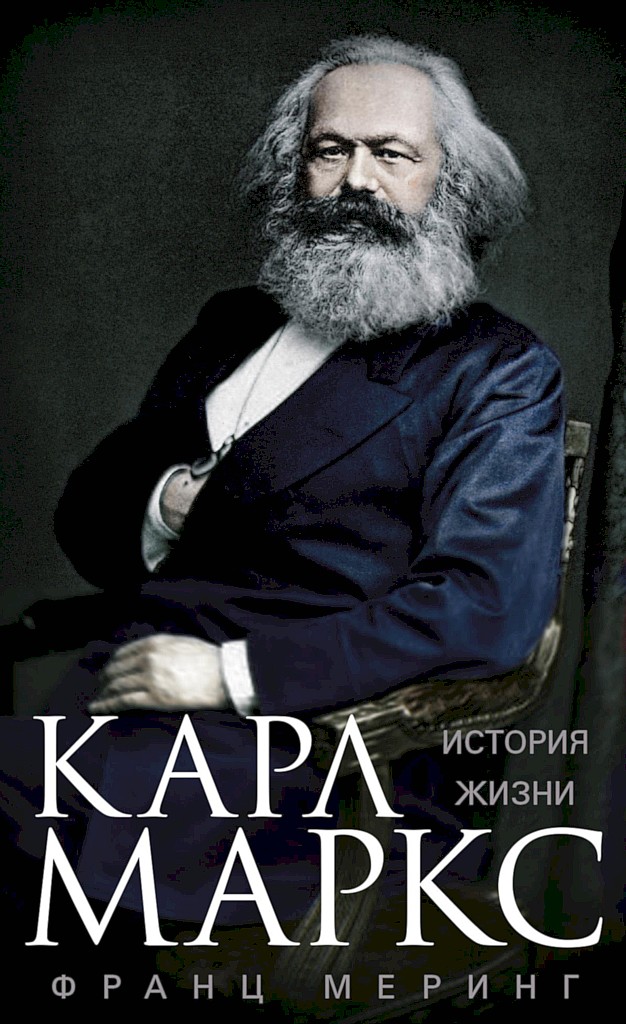Employment & Society 28, no. 4, (2014): 589–610.
183
Jane Wakefield, «Turn Off E-Mail and Do Some Work», News, 19.10.2007. http:// news.bbc.co.uk/go/pr/fr/-/1/hi/technology/7049275.stm.
184
Stephen Barley, Debra Meyerson, and Stine Grodal, «Email as a Source and Symbol of Stress», Organization Science 22, no. 4 (2011): 887.
185
Ibid. См. также обзор возрастающего влияния STS на организационные исследования в: Paul Leonardi and Stephen Barley, «What’s Under Construction Here? Social Action, Materiality, and Power in Constructivist Studies of Technology and Organizing», Academy of Management Annals 4, no. 1 (2010): 1–52.
186
Barley et al., «Email as a Source and Symbol of Stress», 903.
187
См., например: Sylvia Ann Hewlett, «Is Your Extreme Job Killing You?», Harvard Business Review, 22.08.2007.
188
Brid O’Conaill and David Frohlich, «Timespace in the Workplace: Dealing with Interruptions», Companion Proceedings of 1995 (New York: ACM CHI Companion, 1995): 262. См. также: Quintus Jett and Jennifer George, «Work Interrupted: A Closer Look at the Role of Interruptions in Organizational Life», Academy of Management Review 28, no. 3 (2003): 498–507; Mary Czerwinski, Eric Horvitz, and Susan Wilhite, «A Diary Study of Task Switching and Interruptions», Companion Proceedings of 2004 (New York: ACM CHI Companion, 2004), 175–182; Mark Ellwood, «Time Priorities for Top Managers» (paper presented at the International Association of Time Use Researchers [IATUR] Conference, Halifax, Nova Scotia, November 2–4, 2005); Victor Gonzalez and Gloria Mark, «„Constant, Constant, Multi-Tasking Craziness“: Managing Multiple Working Spheres», Companion Proceedings of 2004 (New York: ACM CHI Companion, 2004): 113–120.
189
Мой подход имеет много общего с подходом Ванды Орликовски, в основу которого кладется практика: «всякая организационная практика всегда ограничена материальным аспектом» (Wanda Orlikowski, «Sociomaterial Practices: Exploring Technology at Work», Organization Studies 28, no. 9 [2007]: 1436; курсив оригинала). См. также Lucy Suchman, Human-Machine Reconfigurations: Plans and Situated Actions, Second Edition (New York: Cambridge University Press, 2007): 286: «В конечном счете суть состоит не в том, чтобы назначить на роль агентов людей либо вещи, а в том, чтобы выявить материализацию субъектов, объектов и отношений между ними в качестве следствия… непрерывных социоматериальных практик».
190
Фигурирующие в нашей выборке работники, отвечающие за общий менеджмент, финансы и бухгалтерию, организационное развитие и выработку стратегии, а также кадры, являются типичными представителями тех, кто работает с информацией, и в этом качестве я в целом называю их «работниками умственного труда». Подробнее об этом см. в: Judy Wajcman and Emily Rose, «Constant Connectivity: Rethinking Interruptions at Work», Organization Studies 32, no. 7 (2011): 941–962.
191
Если звонил телефон и работник отвечал на звонок, то причиной переключения на новое дело считался телефон. С другой стороны, если у кого-то раздавался сигнал о том, что на его телефон пришло сообщение, но работник не сразу реагировал на сигнал, проверяя голосовое сообщение лишь пять минут спустя, считалось, что переключение на новое дело происходило по его инициативе, так как сам работник выбирал, когда ему прекратить выполнение предыдущего дела и выслушать голосовое сообщение.
192
Henry Mintzberg, The Nature of Managerial Work (New York: Harper & Row, 1973).
193
Melissa Mazmanian, Wanda Orlikowski, and JoAnne Yates, «The Autonomy Paradox: The Implications of Mobile Email Devices for Knowledge Professionals», Organization Science 24, no. 5 (2013): 1337–1357.
194
В какой степени это зависит от ситуации и типа соответствующей профессии и отрасли, показывается одним из авторов в другой работе, описывающей, как по-разному люди пользуются одними и теми же технологиями даже в пределах одной организации. См.: Melissa Mazmanian, «Avoiding the Trap of Constant Connectivity: When Congruent Frames Allow for Heterogeneous Practices», Academy of Management Journal 56, no. 5 (2013): 1225–1250.
195
Mazmanian, Orlikowski, and Yates, «The Autonomy Paradox», 1353.
196
Steven Appelbaum, Adam Marchionni, and Arturo Fernandez, «The Multi-Tasking Paradox: Perceptions, Problems and Strategies», Management Decision 46, no. 9 (2008): 1313–1325; Noelle Chesley, «Stay-at-Home Fathers and Breadwinning Mothers: Gender, Couple Dynamics, and Social Change», Gender & Society 25, no. 5 (2011): 642–664; Larry Rosen, iDisorder: Understanding our Obsession with Technology and Overcoming its Hold on Us (New York: Palgrave, 2012); Victor Gonzalez and Gloria Mark, «Constant, Constant, Multi-Tasking Craziness»; Norman Su and Gloria Mark, «Communication Chains and Multitasking», Companion Proceedings of 2008 (New York: ACM CHI Companion, 2008), 262–263.
197
Eyal Ophir, Clifford Nass, and Anthony Wagner, «Cognitive Control in Media Multitaskers», Proceedings of the National Academy of Sciences 106, no. 37 (2009): 15583–15587.
198
Rosen, iDisorder.
199
Rainie and Wellman, Networked, 273 (курсив оригинала).
200
Edward T.Hall, The Dance of Life: The Other Dimension of Time (New York: Anchor Books, 1989): 52. См. превосходное обсуждение этих темпоральностей с феминистской точки зрения в: Valerie Bryson, Gender and the Politics of Time: Feminist Theory and Contemporary Debates (Bristol, UK: Policy Press, 2007): 130; Валери Брайсон, Гендер и политика времени. Феминистическая теория и современные дискуссии (Киев: Центр учебной литературы, 2011), 157.
201
Allen Bluedorn, The Human Organization of Time (Stanford, CA: Stanford University Press, 2002), 62.
202
Allen Bluedorn, The Human Organization of Time (Stanford, CA: Stanford University Press, 2002), 62.
203
Noelle Chesley, «Technology Use and Employee Assessments of Work Effective ness, Workload, and Pace of Life», Information, Communication & Society 13, no. 4 (2010): 485–514.
204
Shira Offer and Barbara Schneider, «Revisiting the Gender Gap in Time-Use Patterns: Multitasking and Well-Being among Mothers and Fathers in Dual-Earner Families», American Sociological Review 76, no. 6 (2011): 828.
205
Claudio
























